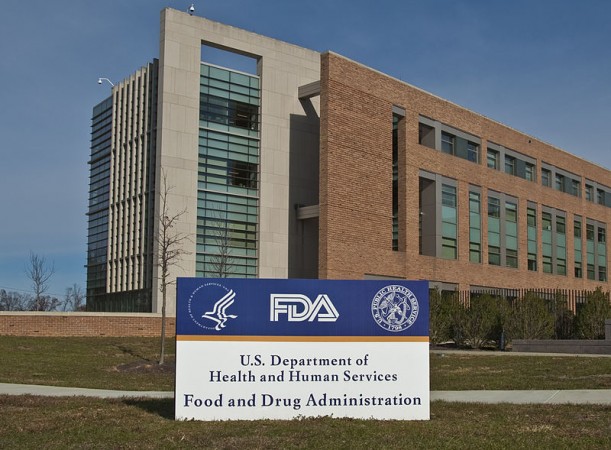New Delhi
In tune with the perception that this time a short extension, most probably final, will be granted to the deadline for obtaining licence and securing registration under Food Safety and Standards (Licensing and Registration of Food Business) Regulations, 2011, FSSAI has extended the date this time only by three months i.e., till May 4, 2016.
So far most extensions have been for six months alternating between February 4 and August 4 ever since the FSSR, 2011, was implemented in the country by FSSAI (Food Safety and Standards Authority of India) four years ago.
In this regard, an order dated Feb 5, but uploaded on Feb 9, by the apex food regulator on its website states that the deadline has been extended for three months in accordance to the orders of the Central government.
According to the detailed order of the ministry of health, the time has been extended till May 4 for FBOs to obtain licences and secure registration under the FSS Act and Regulations thereunder, as Section 31(1) of the FSS Act provides that no person shall commence or carry food business without licence or registration.
Among the reasons for extension, the order cited representation by various stakeholders including individuals, FBOs and associations seeking extension.
Meanwhile, FSSAI has indicated that under most of the repealed law existing before the FSSR, the maximum validity of licences was five years, which shall stand expired on August 4, 2016. Therefore it has been decided that the timeline mentioned in the Act be further extended for another three months to take necessary followup action accordingly.
H G Koshia, commissioner, food safety, Food and Drugs Control Administration, Gujarat, said, "This extension will help to reach the remote areas in the country. Though the extension is small it will enable small food businesses to get registered. Remote areas in the country are of concern, as the awareness activities and initiatives don't reach them easily."
He added, "We, on our part have tried to create awareness among the remote areas of Gujarat and this was done using mobile food testing labs, labs which can detect 30 different types of adulterations, which have proved to be handy. We have distributed such mobile labs to science colleges, food safety officers etc. These awareness initiatives also had 62 workshops in the remote areas with a view to educate rural population. This model of Gujarat state was undertaken two years back and is recently adopted by the food safety department of Delhi."
However, a number of state food safety departments seem to be unhappy with the decision.
Further, according to sources, there has been an agreement amongst FBOs and ministry that the extended time will be utilised to define the terms and conditions of the implementation and operationablity of various provisions of FSSR. In this regard, a committee will be set up to see the operational part of the regulations and the remaining part of the licensing and registration will be completed thereby.




